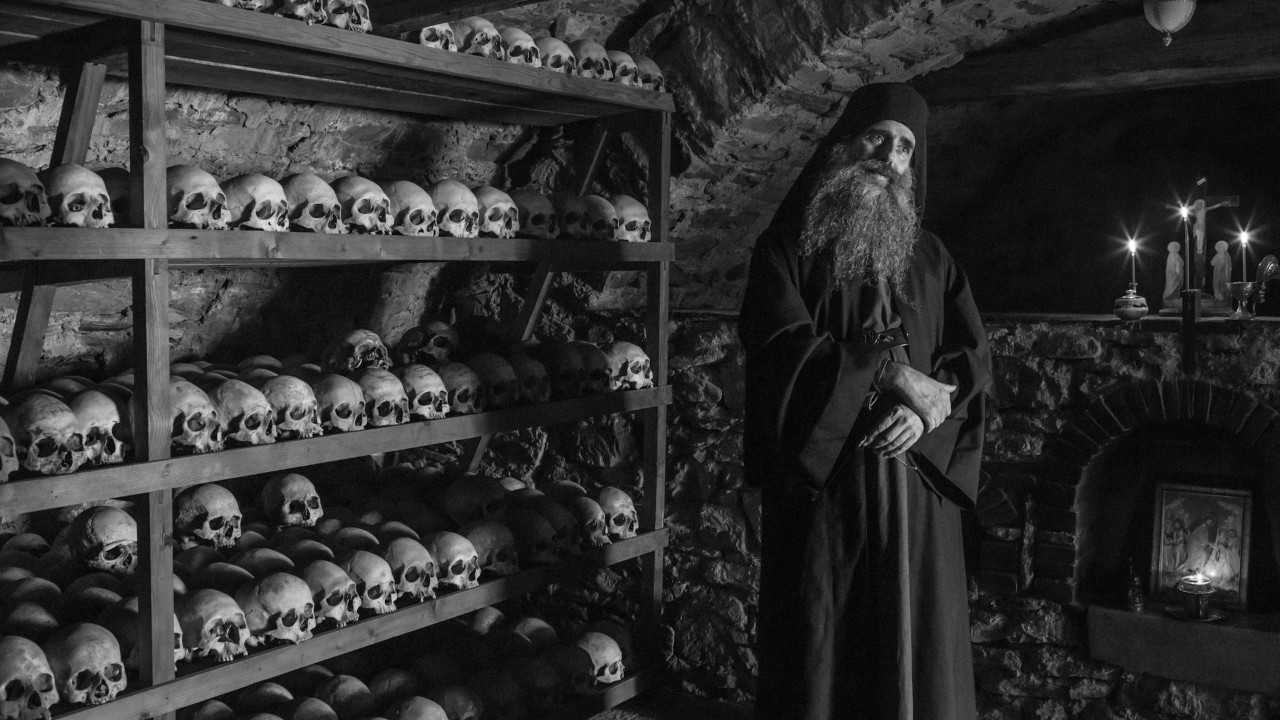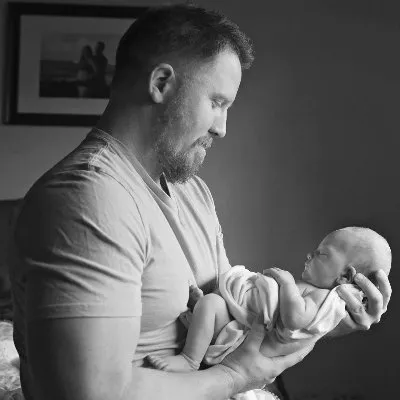Death awareness keeps us humble.
It’s extremely difficult to become proud and flippant about life and your standing before God when you’re continually reminding yourself of your own mortality.
We will all experience some form of painful departure at some point in our lives and nobody can predict when it occurs.
We will all stand before the throne of Christ.
It’s easy to put this thought out of your mind when you’re young or at one of life’s high points, but as you get older and you see friends and family get sick or die, and the world falling apart, you can’t help but confront these thoughts.
There’s a whole field of inquiry going back centuries on the concept of “death anxiety” or “denial of death”, that basically asserts we are all (humanity as a whole) in a constant state of denial over our impending fate.
Everybody deep down knows what’s coming for them.
Intentional ignorance of the reality of death is the only way they can carry on living normally (until death inevitably surprises them).
This is one of the primary reasons that COVID-19 has sent the world insane - people were forced to contemplate and confront the reality of their own deaths.
The opposite of death denial is ‘death remembrance’ (memento mori)
What if instead of living in death denial, you live in death acceptance and constant remembrance?
This is the Christian way.
Christianity forces the believer to confront the reality of death head on.
I don’t mean that in a depressing, nihilistic way.
But rather, we see death as completely defeated - it’s an unfortunate step that we have to pass through on our way to eternal life, but the finality of death is gone.
We will die in the flesh, but our eternity in Christ through resurrection is guaranteed.
Most believers will agree with this statement, but I’m taking it a step further:
Remember your own death… daily.
Think about your own death. The impending and surprising nature of it. The fact that it is an inescapable event.
Meditate on it. Ponder it.
Allow it to humble you and change the way you plan for the future.
“Now listen, you who say, “Today or tomorrow we will go to this or that city, spend a year there, carry on business and make money.” Why, you do not even know what will happen tomorrow. What is your life? You are a mist that appears for a little while and then vanishes.”
- James 4:13-14
Let it remain in your mind every time you start to sin or boast.
In my journey from Protestantism to Orthodoxy, I’ve been deeply humbled by the Orthodox focus on death remembrance (Catholics also emphasize it).
See the skull room in this popular Athos documentary for example (20 minutes in):
This way of thinking is alien to Protestantism - especially Evangelical churches which prefer to emphasize feel-good prosperity and health in this life.
The challenge: living well while remembering death
The real challenge is staying in this humbling mindset while still being fully present in the now.
How do you work hard now in this life, while at the same time remaining mindful of your own impending death?
It’s not easy.
I think Paul struggled with this too (to be fair, he was waiting to be executed so it was much more of a reality for him):
“I eagerly expect and hope that I will in no way be ashamed, but will have complete boldness so that now as always Christ will be exalted in my body, whether by life or by death. For to me, to live is Christ, and to die is gain. But if I go on living in the body, this will mean fruitful labor for me. So what shall I choose? I do not know.”
- Philippians 1:21-22
What’s even more difficult is working for earthly success (i.e. business and financial prosperity) and still remembering your own death daily.
But every Christian needs to master this skill.
No Christian should ever be taken by surprise when the day comes for departure.
And every earthly possession you acquire should be viewed as temporary.
Did I write all this to sound depressing and pessimistic?
Not at all.
Enjoy life. Enjoy the fruit of your labor. Desire good things and comforts.
But allow the remembrance of your own death to keep you humble, and stay mindful of the day you’ll stand before the throne to give account.



Comment Policy: I can handle harsh criticism and disagreements, but if you're disrespectful or a self-promoter, your comment ain't gettin' published.